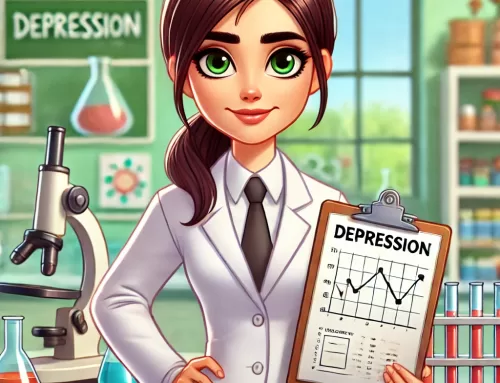Are you a phubber?
The number one sign that you are guilty of phubbing is in your hand — your phone. If your phone is with you at all times because you’re afraid you’ll miss a call, a tweet, or a status update, you are likely guilty of phubbing.Here are three signs you may be a phubber:
- You carry on two conversations at once, on your phone and in person. You’re likely doing neither very successfully, and you’re most certainly phubbing.
- You immediately bring your phone out at dinner or other social settings. Putting your phone beside your plate “just in case” is a warning sign that you’ll soon be phubbing. Plus, you don’t even have to touch your phone during a conversation for it to negatively impact your relationship. One study found that just the presence of the phone made people feel less connected.
- You can’t get through a meal without checking your phone. The fear of missing out is real — a real sign you’re phubbing.
3 ways to stop phubbing
If the idea of giving up social media makes you nervous and a little sick to your stomach, you’re not alone. In fact, one study found that the urge to check social media is stronger than the urge for sex. That doesn’t mean, however, that you can’t learn other ways to check in with social media without scrolling endlessly.
1. Make meals a no-phone zone
When it’s time to eat, no matter where you are, put the phone away. If a distant buzz of notifications will be too much of a distraction, turn your phone to the “do not disturb” mode, too.Give yourself each meal to engage with the people in front of you and have a sincere conversation. It may feel forced at first, but soon you will feel more comfortable with having a face-to-face conversation.
2. Leave your phone behind
You might feel as if you’ve lost a limb, but don’t be afraid to simply put your phone in your car, desk drawer, or bag — and leave it there. Whatever alerts or updates happen, they’ll be waiting for you later.
3. Challenge yourself
Everyone enjoys a little prize now and then. Make ignoring your phone a challenge. Keep track of the meals or hours you go without your phone in hand. When you’ve completed a goal, treat yourself, and then challenge yourself again.
3 ways to help someone else stop phubbing
If you’re trying to help a loved one stop phubbing, here are three steps to get you started:
1. Model a better behavior
If you want to silently encourage the chronic phubber to stop, be a good example. Put your phone away when you’re lounging on the couch. Don’t encourage them to show you something on their phone during a date. Focus on the other people at the table. Slowly but surely, they’ll get the hint.
2. Call them out
There’s nothing like hard love. If someone you regularly interact with has a habit of phubbing, tell them. The Stop Phubbing campaign will email your loved one a note about their behavior if a face-to-face conversation is too difficult or uncomfortable for you.Either way, tell them you don’t like it, and then help them develop better habits.
3. Be sympathetic
Phubbing isn’t a real addiction, but it is an impulse problem. Impulses and learned behaviors take some time to break, so be patient and understanding, but be firm, too. These 13 books can help you learn more way to change habits.
When to seek help for phubbing
Checking your phone again and again can become an impulse you can’t control. If you have a hard time stopping the cycle, you may want to speak with a therapist or psychologist. They can help you learn to redirect your energy.They can also help you discover why you may have developed this impulse in the first place. For many people, social media begins as an escape, or a way to zone out at the end of the day. Soon, however, it may become a problem.Social media may lead to worsening symptoms of depression and low self-esteem. A therapist can help you understand these issues and work to improve your response to them so that you don’t feel as dependent on your phone and the world inside your social media apps.
Takeaway
You don’t have to stop using your phone to prevent phubbing. You just have to be more aware. Being mindful of your actions when you’re around other people is a great place to start.You can also ask friends for accountability. If they feel like you’re zoning into your phone, they should feel free to call your attention to it.Phubbing is a learned behavior — after all, it’s only recently become a problem — and you can unlearn it. It will take time and some work, but your mental health and your relationships will thank you for it.
Thank you to our friends at: https://www.healthline.com
 Phubbing is the habit of snubbing a physically present person in favor of a mobile phone. Quite simply, it’s phone snubbing. It’s not cool.
Phubbing is the habit of snubbing a physically present person in favor of a mobile phone. Quite simply, it’s phone snubbing. It’s not cool.




